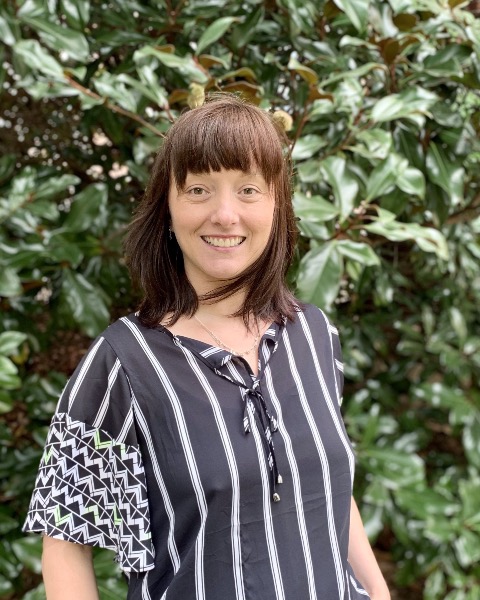Symposia
Personality Disorders
4 - (SYM 49) It's Not How Many Skills You Use, but How Often You Use Them: Predicting Session-to-session Reductions in BPD Features in a Novel CBT for BPD

Matthew W. Southward, Ph.D. (he/him/his)
Research Assistant Professor
University of Kentucky
Lexington, Kentucky- NS
Nicole Stumpp, B.A.
Graduate Student Researcher
University of Kentucky
Lexington, Kentucky - SS
Stephen Semcho, M.A.
Graduate Student Researcher
University of Kentucky
Lexington, Kentucky 
Martina Fruhbauerova, M.S.
Doctoral Student
University of Kentucky
Lexington, Kentucky- AH
Alexandra Hines, B.S. (she/her/hers)
Graduate Researcher
University of Kentucky
Lexington, Kentucky 
Shannon Sauer-Zavala, Ph.D.
Assistant Professor
University of Kentucky
Lexington, Kentucky
Speaker(s)
Co-author(s)
Many modern treatments for borderline personality disorder (BPD) are designed to teach patients a wide variety of emotion regulation skills (Southward et al., 2021). However, it is unclear if patients benefit more from using a wide variety of skills (e.g., Southward et al., 2022) or using these skills more frequently in their daily lives (e.g., Neacsiu et al., 2010). Further, it is unclear if the use of certain skills leads to greater reductions in BPD features in treatment. To test these questions, we examined data from participants with BPD (N = 34; Mage = 27.71, 70.6% female, 85.3% white, 58.8% LGBTQ+) engaged in BPD Compass, a modular, personality-based, 18-session cognitive behavioral treatment for BPD (Sauer-Zavala et al., 2022). Patients in BPD Compass learn cognitive, behavioral, and acceptance-based skills in addition to skills to clarify their personal values and self-monitor their emotional responses. Before each session, patients reported how frequently they used BPD Compass skills since the prior session when needed using a self-report measure created for the current study. Patients also reported the severity of their BPD features since the prior session using the Zanarini Rating Scale for BPD. We calculated (a) the number of BPD Compass skills patients used at each session, (b) the average frequency with which these skills were used, and (c) the frequency with which each skill was used each week. We disaggregated between- from within-person variability in each of these scores and entered them in separate hierarchical linear models as predictors of BPD features, adjusting for prior session BPD features. Average skill frequency significantly predicted session-to-session reductions in BPD features alone, B = –.69, SE = .23, p < .01, and when adjusting for the number of strategies used, B = –.70, SE = .25, p < .01, but the number of strategies did not significantly predict changes in BPD features in any model, ps > .30. More frequent reflection on patients’ values was the only specific skill that significantly predicted reductions in BPD features, B = –.47, SE = .22, p = .03, with marginally significant effects of cognitive, B= –.40, SE = .22, p = .07, and behavioral skills, B = –.39, SE = .23, p = .10. Together, these results suggest that more frequent use of specific emotion regulation skills when needed may be more beneficial for reducing BPD features than using a wide variety of skills in any given situation.

